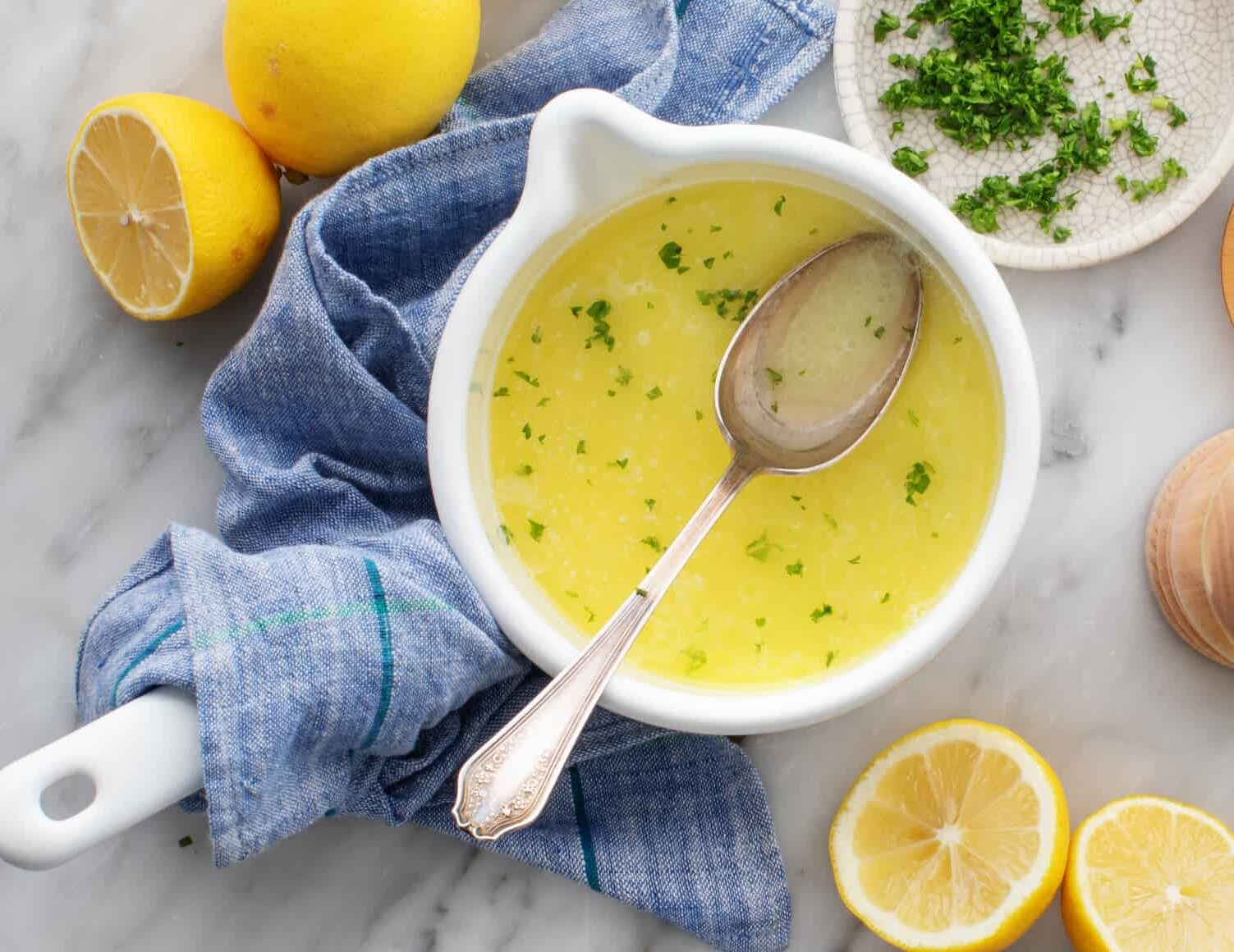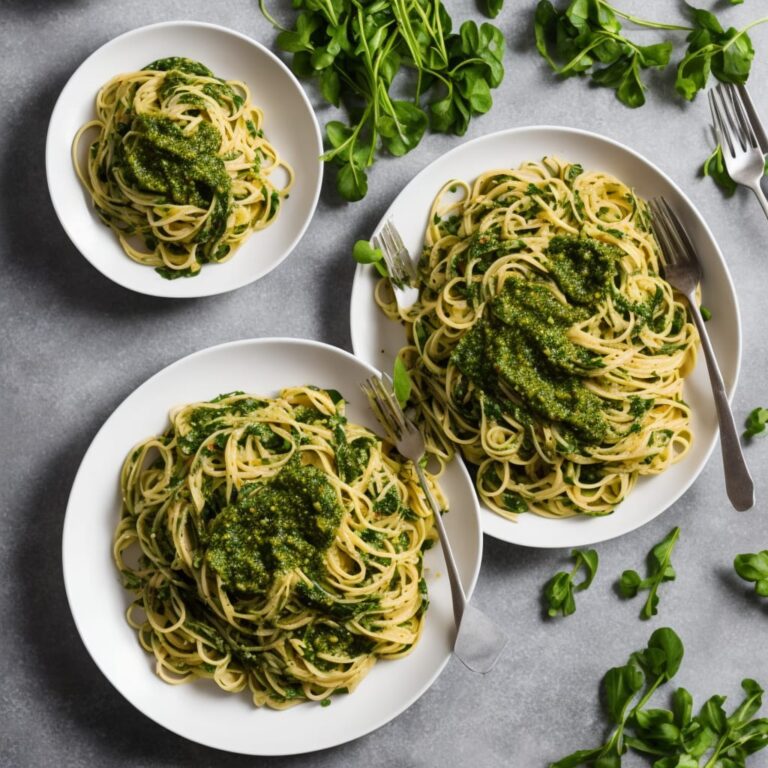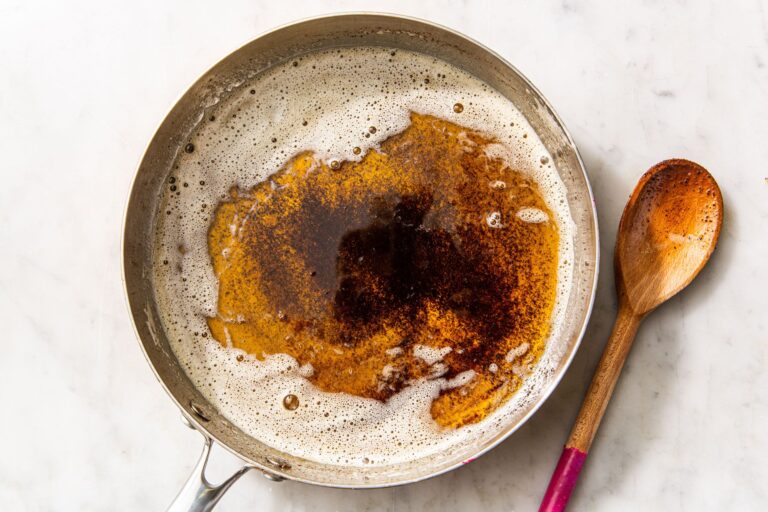Lemon butter sauce for pasta is a delightful and versatile sauce that adds a burst of fresh, tangy flavor to any pasta dish. Whether you’re preparing a quick weeknight dinner or a special meal for guests, this sauce can elevate your pasta to a new level of deliciousness.
In this article, we’ll guide you through the ingredients, step-by-step instructions, tips for perfecting the sauce, and creative variations to suit your taste.
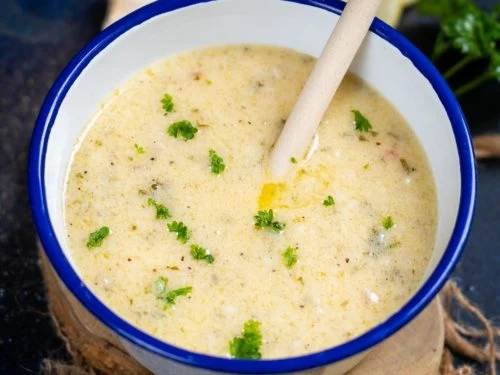
Ingredients
Creating a delicious lemon butter sauce for pasta starts with the right ingredients. Let’s take a closer look at what you’ll need.
Butter
Butter is the foundational ingredient for this sauce, providing a rich, creamy base. Opt for high-quality, unsalted butter to control the saltiness of the sauce. The amount of butter used can vary, but typically, 1/2 to 1 cup is ideal for a batch that serves four. Using unsalted butter allows you to have better control over the seasoning of the sauce. If you prefer a richer flavor, European-style butter, which has a higher fat content, can be a great choice.

Lemon Juice
Freshly squeezed lemon juice is essential for the vibrant, tangy flavor that characterizes this sauce. You’ll need the juice of one to two lemons, depending on how tangy you want the sauce. Avoid bottled lemon juice, as it lacks the fresh, zesty quality of freshly squeezed. Lemon zest can also be added for an extra burst of citrus flavor. The zest contains the essential oils of the lemon, which provide a more intense lemon flavor than the juice alone.

Optional Additions
To add depth and complexity to your lemon butter sauce, consider incorporating some optional ingredients:
- Garlic: Minced garlic adds a robust flavor and pairs beautifully with lemon. It enhances the overall taste and aroma of the sauce, making it more savory.
- Capers: These briny buds add a unique, tangy element that enhances the sauce. They provide a burst of flavor and a bit of texture.
- White Wine: A splash of white wine can add a subtle richness and complexity. It helps to balance the acidity of the lemon juice and adds a layer of depth to the sauce.
Step-by-Step Instructions
Making lemon butter sauce for pasta is straightforward. Follow these steps to create a smooth, flavorful sauce.
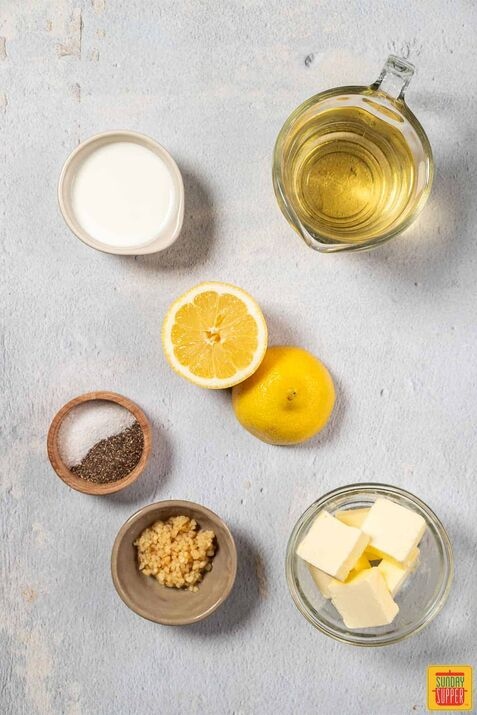
Preparing the Ingredients
Before you start cooking, ensure all your ingredients are prepped and ready. This includes mincing the garlic if you’re using it, juicing the lemons, and measuring out the butter. Having everything prepped in advance makes the cooking process smoother and helps prevent the sauce from burning or overcooking.
Melting the Butter
Begin by melting the butter in a saucepan over medium heat. Stir continuously to prevent the butter from burning. If you’re adding garlic, add it once the butter is melted and sauté until fragrant, about one minute. Be careful not to let the garlic brown, as it can become bitter.
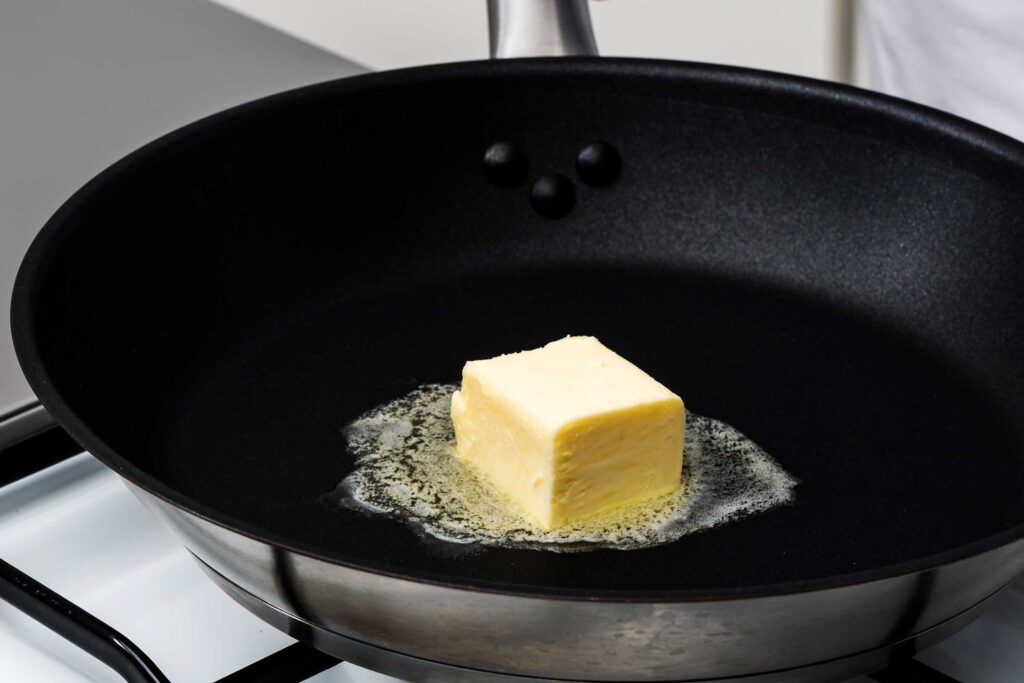
Adding Lemon Juice
Once the butter is fully melted (and the garlic is sautéed, if using), slowly add the freshly squeezed lemon juice to the saucepan. Stir continuously to combine the ingredients. If you’re incorporating white wine or capers, add them at this stage. Let the sauce simmer for a few minutes to allow the flavors to meld together. The heat will help to reduce and concentrate the sauce, making it more flavorful.
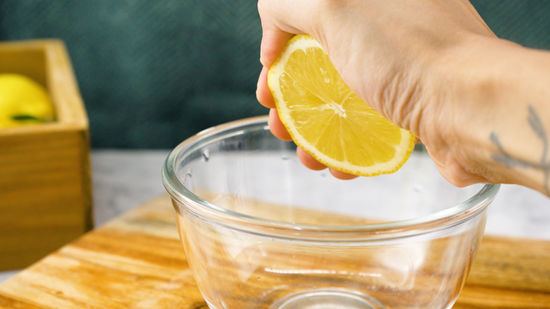
Tips for Perfect Lemon Butter Sauce
Creating the perfect lemon butter sauce requires attention to detail. Here are some tips to ensure your sauce turns out perfectly.
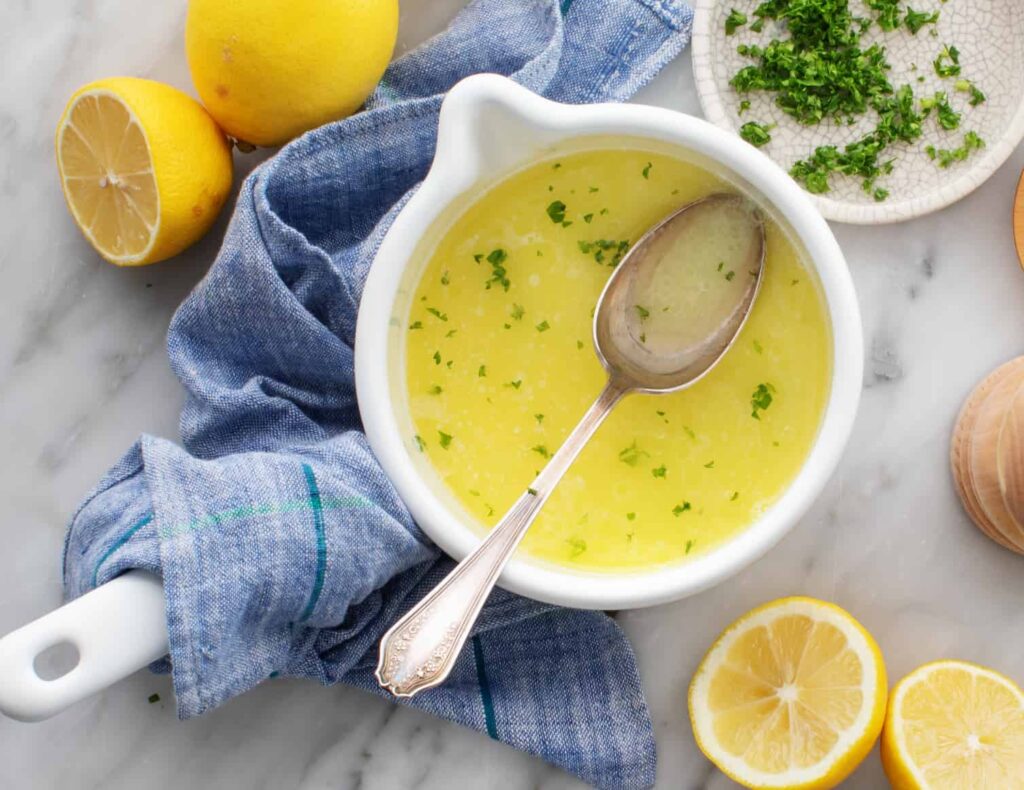
Balancing Flavors
The key to a great lemon butter sauce is balancing the tangy lemon with the rich butter. Taste the sauce as you go and adjust the lemon juice or butter as needed. If the sauce is too tangy, add more butter. If it’s too rich, add more lemon juice. You can also add a pinch of salt to enhance the overall flavor. Balancing the acidity of the lemon with a touch of sweetness, such as a pinch of sugar or a drizzle of honey, can also help.
Adjusting Thickness
The thickness of the sauce can make or break a pasta dish. If your sauce is too thin, let it simmer for a few more minutes to reduce and thicken. If it’s too thick, add a splash of pasta water or more lemon juice to thin it out to your desired consistency. Pasta water is particularly effective as it contains starch, which helps to thicken the sauce without diluting its flavor. You can also use a bit of cornstarch mixed with water if you need to thicken the sauce quickly.
Variations and Additions
While the classic lemon butter sauce is delicious on its own, you can customize it with a variety of additions to suit your palate.
Adding Cream
For a richer, creamier sauce, add a splash of heavy cream after the lemon juice. This will create a luxurious, velvety texture that’s perfect for special occasions. The cream will mellow the acidity of the lemon and make the sauce more indulgent. Be sure to add the cream slowly and stir constantly to prevent it from curdling.
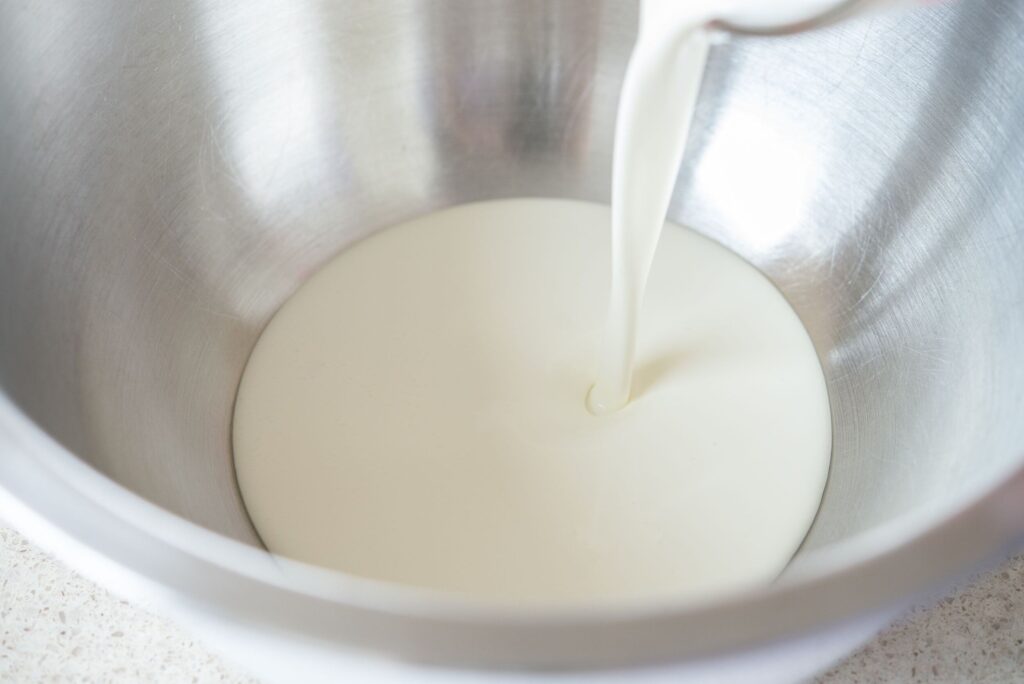
Including Herbs
Fresh herbs can elevate the flavor of your lemon butter sauce. Consider adding:
- Parsley: Adds a fresh, grassy note and a pop of color.
- Basil: Provides a sweet, aromatic flavor that pairs well with lemon.
- Thyme: Offers a subtle earthiness that complements the other ingredients.
- Dill: Works particularly well with seafood pasta dishes.
Add the herbs at the end of the cooking process to preserve their fresh flavor and vibrant color.
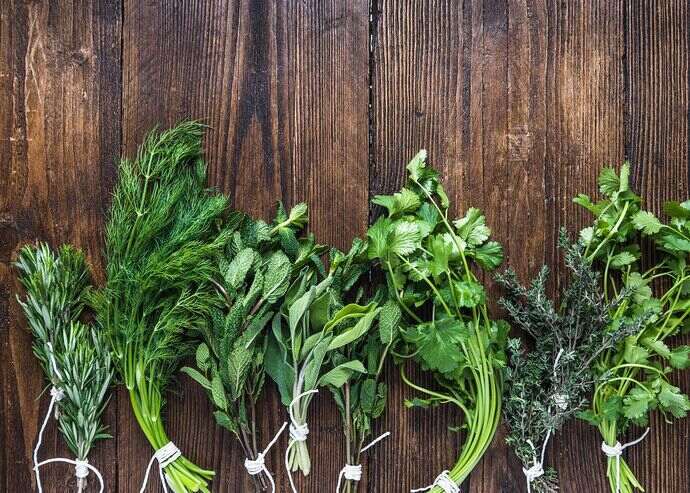
Serving Suggestions
Pairing your lemon butter sauce with the right pasta and side dishes can enhance the overall dining experience.
Best Pasta Types
Lemon butter sauce pairs well with a variety of pasta types, but here are some of the best options:
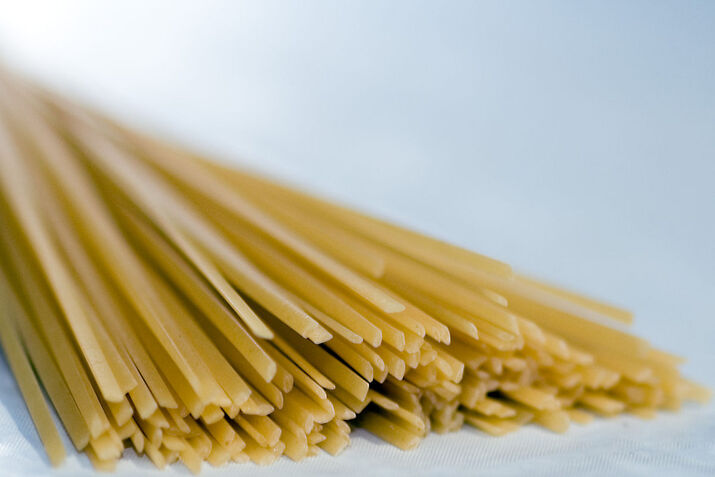
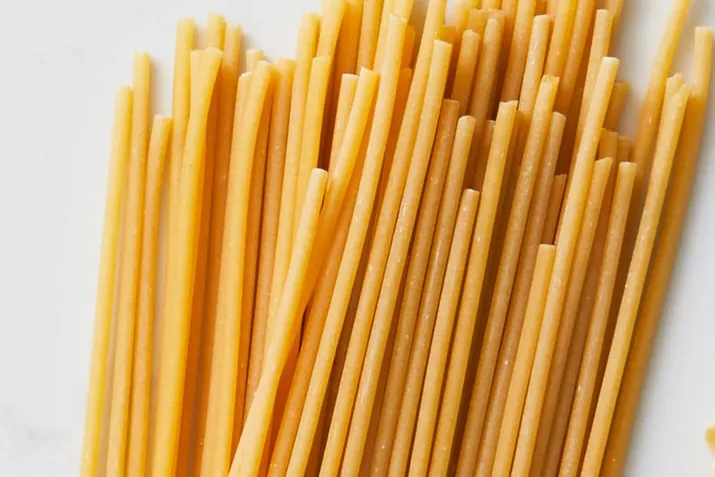
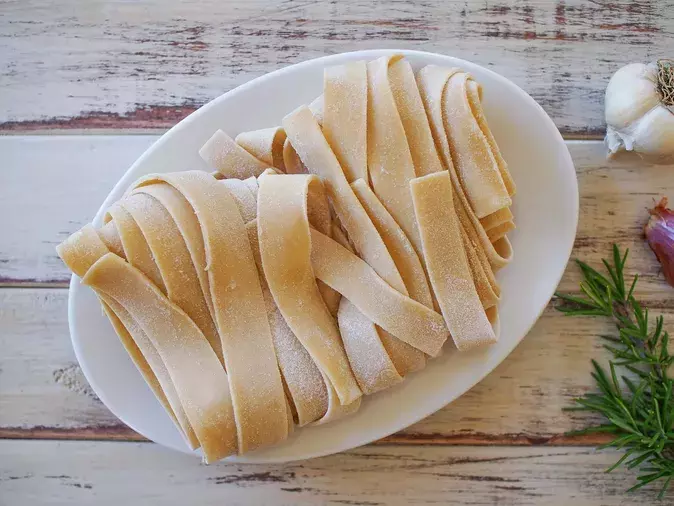
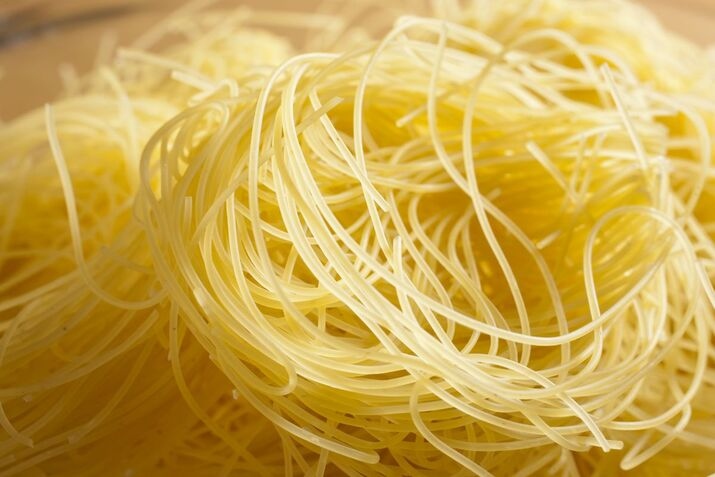
- Linguine: Its long, flat shape holds the sauce well, ensuring each bite is flavorful.
- Spaghetti: A classic choice that works beautifully with this light sauce, allowing the flavors to shine.
- Pappardelle: Wide, ribbon-like noodles that absorb the sauce nicely, creating a rich and satisfying dish.
- Fettuccine: Similar to linguine but slightly thicker, it also works well with the creamy texture of the sauce.
- Angel Hair: Delicate and thin, it’s perfect for lighter sauces like lemon butter.
Side Dishes
Complement your pasta with these delicious side dishes:
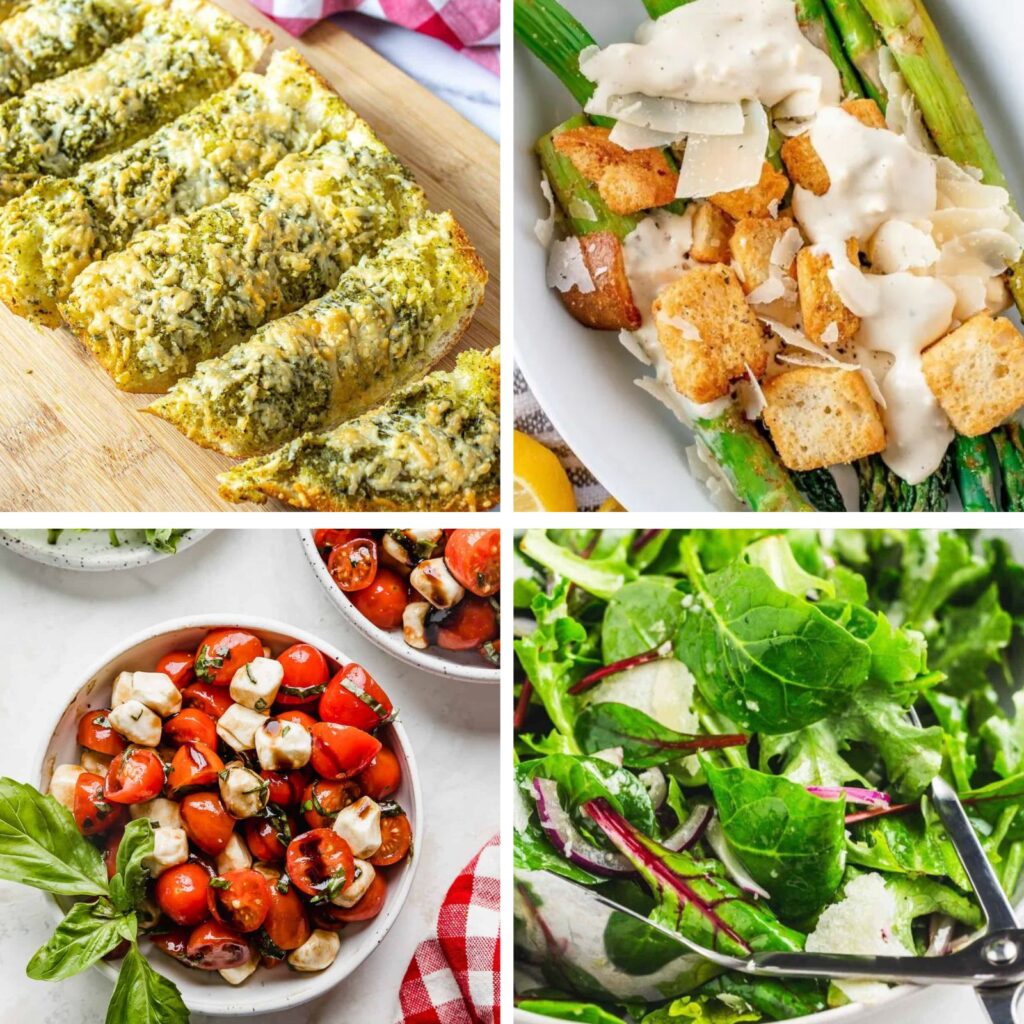
- Grilled Vegetables: The smoky flavor of grilled vegetables pairs perfectly with the bright, tangy sauce. Consider zucchini, bell peppers, or asparagus.
- Garlic Bread: A classic accompaniment that adds a crunchy texture to the meal. The buttery, garlicky bread is perfect for soaking up any extra sauce.
- Green Salad: A simple, crisp salad provides a refreshing contrast to the rich sauce. A light vinaigrette with lemon can echo the flavors of the pasta sauce.
- Roasted Potatoes: For a heartier side, roasted potatoes seasoned with herbs can complement the pasta dish.
- Caprese Salad: Fresh tomatoes, mozzarella, and basil drizzled with balsamic glaze offer a burst of flavor that pairs well with lemon butter pasta.
FAQ
Conclusion
Creating a delicious lemon butter sauce for pasta is simple and rewarding. With high-quality ingredients and careful attention to balancing flavors, you can elevate any pasta dish to
a gourmet level. Whether you stick to the classic recipe or experiment with variations and additions, this sauce is sure to become a favorite in your culinary repertoire. Enjoy experimenting with different herbs and additions to make the sauce your own, and don’t hesitate to pair it with various types of pasta and side dishes for a complete and satisfying meal.
Disclosure: Our blog contains affiliate links to products. We may receive a commission for purchases made through these links. However, this does not impact our reviews and comparisons. We try our best to keep things fair and balanced, in order to help you make the best choice for you.

